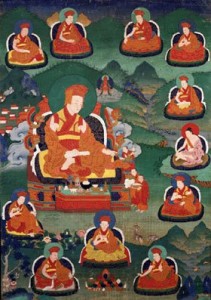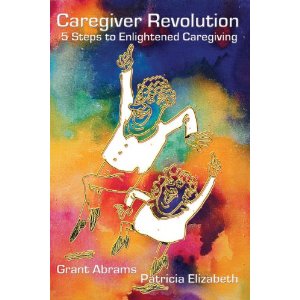
See a story about Dr. B.J. Miller and the Zen Hospice in this recent article in NY Times.
The Zen Hospice Project has long been a forerunner in the conscious death and dying movement. From their website:
Zen Hospice Project’s legacy of compassionate and pioneering service initially grew from the San Francisco AIDS crisis in 1987, as one of the city’s first residential hospices. Since then, the organization has been recognized as innovative leader providing care for those facing advanced illness and their loved ones, while also educating and supporting an ever-growing community of caregivers worldwide.
The iconic Guest House of Zen Hospice Project opened in San Francisco’s Hayes Valley in 1990 as a community-based model to attend to those dying and in most need of support. As an early responder to the AIDS crisis, the organization provided care when others would not during this era of fear. The Guest House was renovated and re-opened in 2010 with 24 hour, wrap around care, including a nursing staff that provides the highest caregiver to patient ratio in the country, trained in palliative and hospice care with specific emphasis on symptom and pain management. Combined with a team of volunteer caregivers and a professional kitchen staff, trained in a unique approach to mindful, compassionate, and skillful care, the Guest House offers a unique space for living at the end of life.
Since 1988, the Volunteer Caregiver Program of Zen Hospice Project has provided the same groundbreaking quality of care at San Francisco’s Laguna Honda Hospital, one of the largest long-term care facilities in the United States. These volunteer caregivers serve more than 14,000 hours annually on the 60-bed hospice and palliative care floor to support residents and their families, working in collaboration with professional clinicians, social workers and hospital staff.
The MindfulCaregiver Education (MCE) fills a gap in existing caregiver training with a balance of social, medical, and spiritual practices. The model educates, enables, and empowers caregivers to care for themselves so they can take better care of others. The focus is to help caregivers practice self-awareness and compassion, while building resilience to enhance care and reduce burnout.
Thousands of professional, family, and volunteer caregivers have been trained using core elements of the 12-module MCE. The training builds on a 30-year evidence base and the quality clinical care provided by the Guest House, the residential hospice of Zen Hospice Project. A 2016 MCE survey found that 95% recommend the course and 89% state that MCE will change the care they provide.
At the Guest House in San Francisco, at the City’s Laguna Honda Hospital, and through the Mindful Caregiver Education program, Zen Hospice Project embarks on its 30th year poised to change the experience of dying and caregiving in America.





